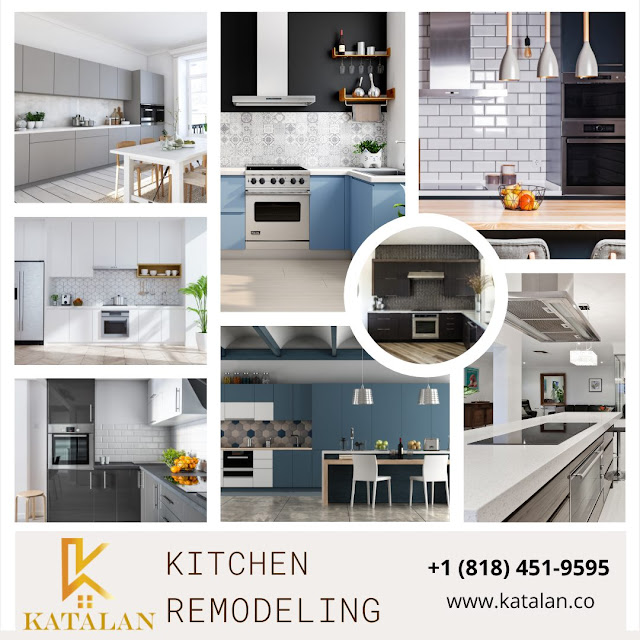Comprehensive Guide to Accessory Dwelling Units for Homeowners
ADUs are separate living spaces typically built on the same lot as the primary residence. They can be used for various purposes, from housing elderly relatives to providing rental income. It has been very popular today among homeowners as it increases the value of their property and maximizes the use of their land. If you are considering building Accessory Dwelling Units Los Angeles, here is everything you need to know:
What is an Accessory Dwelling Unit?
An ADU is a self-contained living unit that is built on the same lot as the primary residence. ADUs can be attached or detached from the main house, and they typically have their own entrance, kitchen, bathroom, and living space. ADUs can be used as rental units, home offices, in-law suites, or guest houses.
Types of ADUs
There are three main types of ADUs:
Attached- Attached ADUs are built onto the main house and are often used as an extension of the primary residence.
Detached- Detached ADUs are standalone structures that are built separately from the main house.
Garage conversions- These types of ADUs are considered to convert an existing garage into a living space.
Benefits of ADUs
There are several benefits to building an ADU, including the following:
Increased property value: ADUs can increase the value of your property and make it more attractive to potential buyers.
Rental income: ADUs can be rented out to tenants, providing a source of passive income.
Multigenerational living: ADUs can be used to house elderly relatives or adult children, allowing for multigenerational living.
Flexibility: ADUs can be used for a variety of purposes, including as a home office or art studio.
ADU Regulations
ADU regulations vary by state and municipality, so it is important to check local zoning laws before building an ADU. Some cities may require permits, while others may have restrictions on the size and height of ADUs. Additionally, some municipalities may require that ADUs be used for certain purposes, such as housing elderly relatives.
Financing an ADU
Several financing options are available for building an ADU, including home equity loans, personal loans, and construction loans. Some municipalities may also offer grants or loans for homeowners who build ADUs.
In conclusion, Accessory Dwelling Units are a great way to increase the value of your property, provide rental income, and offer flexible living arrangements. However, it is important to check local zoning laws and regulations before building an ADU and to carefully consider the costs and financing options. An ADU can be a valuable addition to your property with proper planning and research.




Comments
Post a Comment